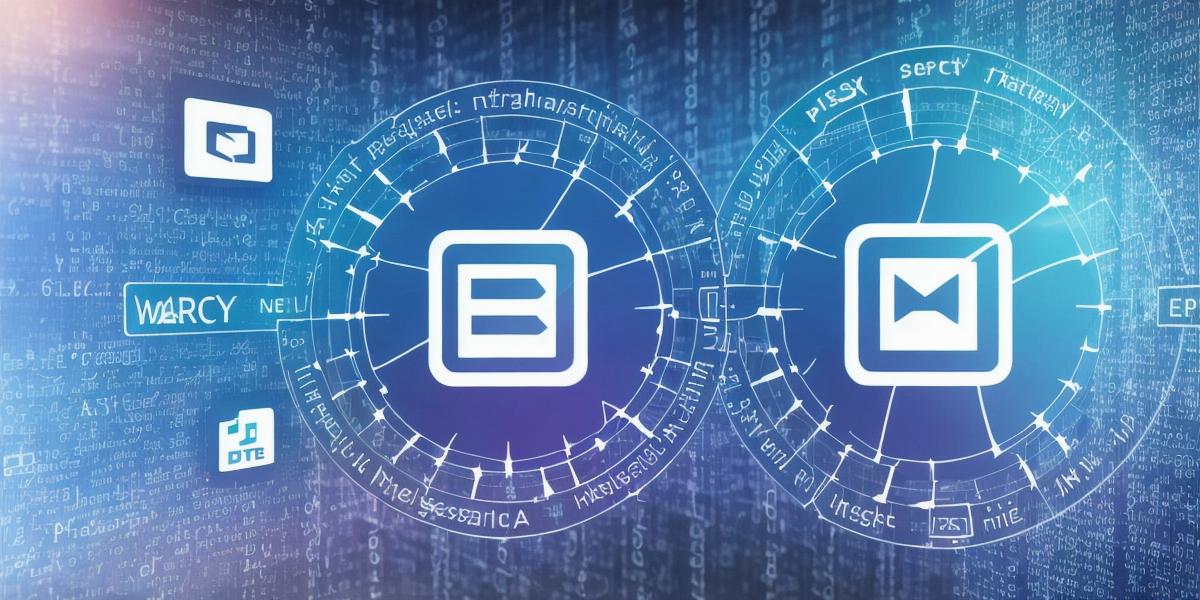Introduction:
Database management systems (DBMS) have become an essential tool for storing, retrieving, and manipulating data in today’s digital age. With the advent of blockchain technology and its impact on various industries, Web3 SQL technology has emerged as a promising solution to some of the limitations of traditional DBMS. In this article, we will delve into the world of Web3 SQL technology and explore how it can revolutionize database management.
What is Web3 SQL Technology?
Web3 SQL technology refers to the use of blockchain-based database management systems that utilize smart contracts and decentralized storage to manage data. Unlike traditional DBMS, Web3 SQL technology offers a high level of security, transparency, and immutability, making it an ideal solution for storing sensitive information. Additionally, Web3 SQL technology allows for the creation of decentralized applications (dApps) that can run on any device with an internet connection, further enhancing its flexibility and accessibility.

Case Studies:
One of the most promising use cases for Web3 SQL technology is in the healthcare industry. Patient data is highly sensitive, and traditional DBMS often fail to provide adequate security measures. With Web3 SQL technology, patient data can be securely stored on a blockchain network, making it nearly impossible for hackers to access or manipulate it. Moreover, by utilizing smart contracts, healthcare providers can automate the management of patient records, reducing errors and increasing efficiency.
Another industry that can benefit from Web3 SQL technology is finance. Traditional financial institutions often struggle with data privacy and security, making them vulnerable to cyber-attacks. With Web3 SQL technology, financial institutions can store their data on a decentralized network, ensuring its immutability and security. Additionally, the use of smart contracts can automate various financial processes, such as payments and settlements, further enhancing efficiency and reducing costs.
Personal Experience:
As a Web3 developer, I have witnessed firsthand the potential of Web3 SQL technology in revolutionizing database management. The ability to create decentralized applications that can run on any device with an internet connection is particularly exciting, as it offers a high level of flexibility and accessibility. Additionally, the use of smart contracts and blockchain-based storage ensures the security and immutability of data, making it ideal for storing sensitive information.
Structure:
I. Introduction
A. Explanation of traditional DBMS limitations
B. Overview of Web3 SQL technology
C. Importance of database management in today’s digital age
II. What is Web3 SQL Technology?
A. Definition of Web3 SQL technology

B. How Web3 SQL technology works
C. Advantages of Web3 SQL technology over traditional DBMS
III. Case Studies:
A. Healthcare industry use case
B. Finance industry use case
C. Real-life examples of Web3 SQL technology in action
IV. Personal Experience:
A. My experience as a Web3 developer
B. The potential of Web3 SQL technology in my field
V. Summary:
A. Recap of main points
B. Future outlook for Web3 SQL technology
C. Final thoughts on the potential of Web3 SQL technology to revolutionize database management.
